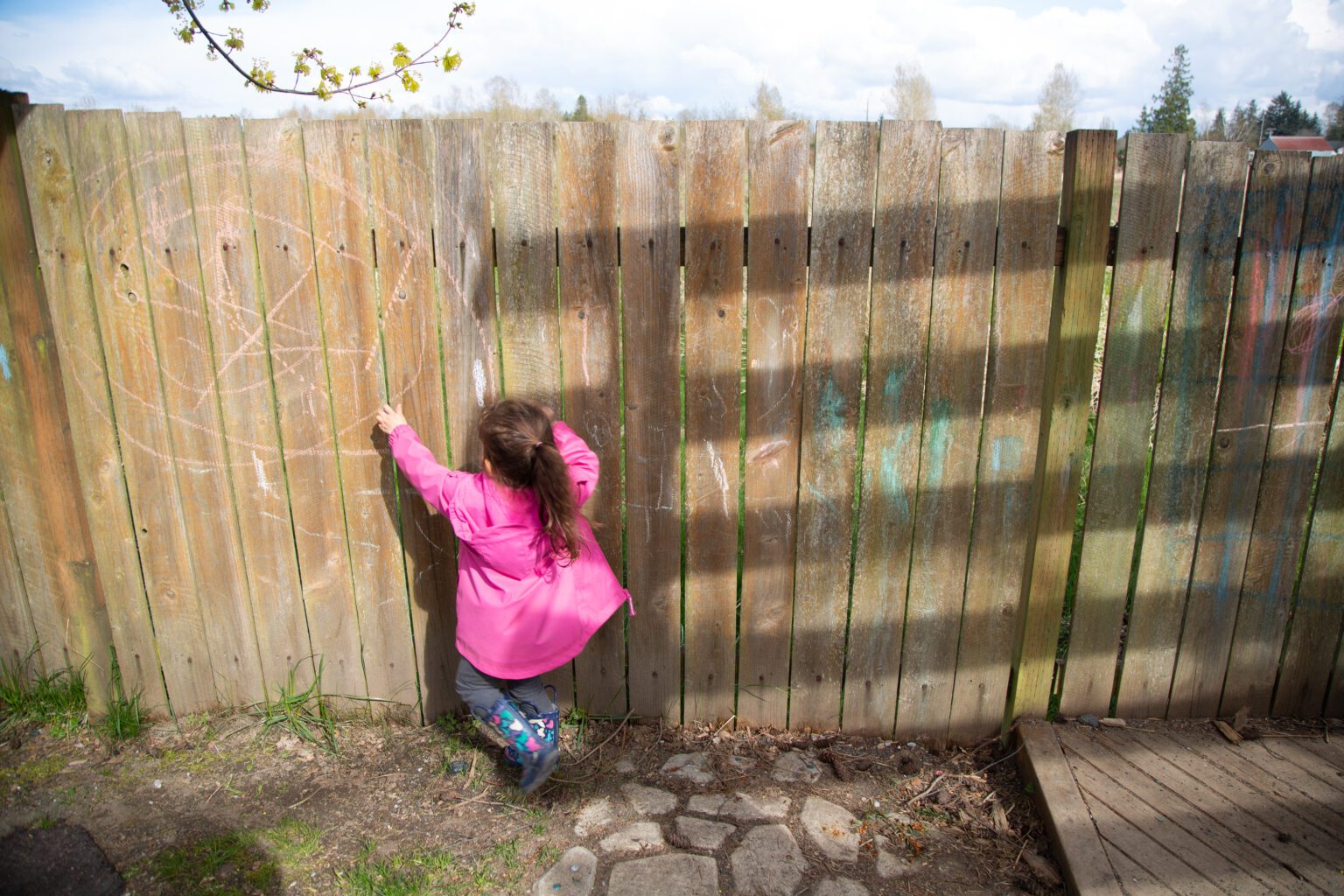A proposed property tax increase to help fund early childhood development and child care will be decided by Whatcom County voters this upcoming election.
Proposition 5, or the “Healthy Children’s Fund” as proponents refer to it, would increase property taxes by 19 cents per $1,000 of assessed property value over 10 years. It would raise roughly $8.2 million to build more child care facilities and allow existing child care providers to expand across the county.
According to state data, just 46% of Whatcom children entering kindergarten are ready to learn. For Indigenous and Hispanic children, that number falls to around 25%.
Many of those learning discrepancies can be the result of inequitable access to early childhood care, such as daycare centers, proponents of the tax said.
These early childhood problems are often the beginning of a lifelong struggle, said Emily O’Connor, executive director of Lydia Place, in a July 6 interview with Cascadia Daily News.
“When things are hard for kids, the consequences are hard for everybody,” O’Connor said. “If we want to see an end to homelessness, if we want to see crime reduction, if we want to see people not in the throes of a mental health crisis downtown, we have to invest in children today.”
The access barriers for thousands of Whatcom County children aren’t new, and the process of putting the property tax increase on the ballot has been years in the making.
On April 2, 2019, the County Council voted unanimously to allow the Whatcom County Health Department, the Opportunity Council and the Public Health Advisory Board to create the Whatcom County Child and Family Action Plan.
The plan stated its main goals were to “adopt a ‘children and families first’ approach for county policy and funding decisions,” and “pursue new funding mechanisms to significantly increase local resources for well-being promotion and crisis prevention.”
That funding mechanism, if passed by voters on Nov. 8, will be a “levy lid lift” from 75 cents to 94 cents per $1,000 of assessed property value, from 2023–32.
The increase would add roughly $100 to the average homeowner’s property taxes in 2023, raising $8.2 million in annual tax revenue.
For John Marshall, co-author of the con statement for Proposition 5, pumping more money into a system that isn’t producing enough positive outcomes won’t change reality, he wrote.
“If the $29.8 million that is spent annually to support child and family well-being cannot make any meaningful improvement, then why would we think that increasing taxpayer funding of these poorly managed programs would improve outcomes?” he asked in the statement.
For O’Connor, that attitude doesn’t accurately describe what she sees at Lydia Place.
“The public sort of sees this as, ‘We keep investing all this money and the problem keeps getting worse,’ right?’” she said. “It’s not because we’re spending money that the problem is getting worse. The problem is getting worse, and our investment in services has not kept pace with the economic crisis that people are in.”
After the initial green light in 2019, the Children’s Initiative Campaign proposed its first plan to pay for its proposed changes during a county council meeting on Feb. 22 of this year. The original property tax increase proposed at the meeting was a seven-year increase of 20 cents per $1,000 of assessed property value, raising $8.2 million per year.
In a June 7 meeting, the council voted 5-1-1 to give voters the chance to decide on the property tax increase. Council member Ben Elenbaas was the lone “nay” vote, with Tyler Byrd abstaining.
The June vote revised the increase to 19 cents per $1,000 of assessed property value, and extended the period of taxation from seven to 10 years.
During the meeting, Elenbaas said a tax increase along with high inflation is not something he could support.
“I’m having a real hard time, with the economic climate that we’re in … that we’re going to add another tax that makes housing less affordable,” Elenbaas said.
Now the decision is up to the citizens of Whatcom County, and the campaign to win over votes has been flush with cash.
“Yes for Whatcom Kids!” the proponents for Proposition 5, has raised $161,369 in campaign contributions as of Oct. 3, according to the Public Disclosure Commission. Roughly half of that total came from a $35,000 donation from Bellingham-based Chuckanut Health Foundation and a $50,000 donation from Children’s Funding Accelerator, a nonprofit that specializes in funding early childhood development campaigns around the country.
But even with the huge cash donations, convincing Whatcom voters of a tax increase is never an easy task, Elenbaas said previously. In June, Bellingham mayor Seth Fleetwood was forced to suspend a proposed Climate Action Fund that would have taxed 37 cents per $1,000 in assessed property value. Before that, two countywide jail-construction levies failed to pass a general vote over the past decade.


